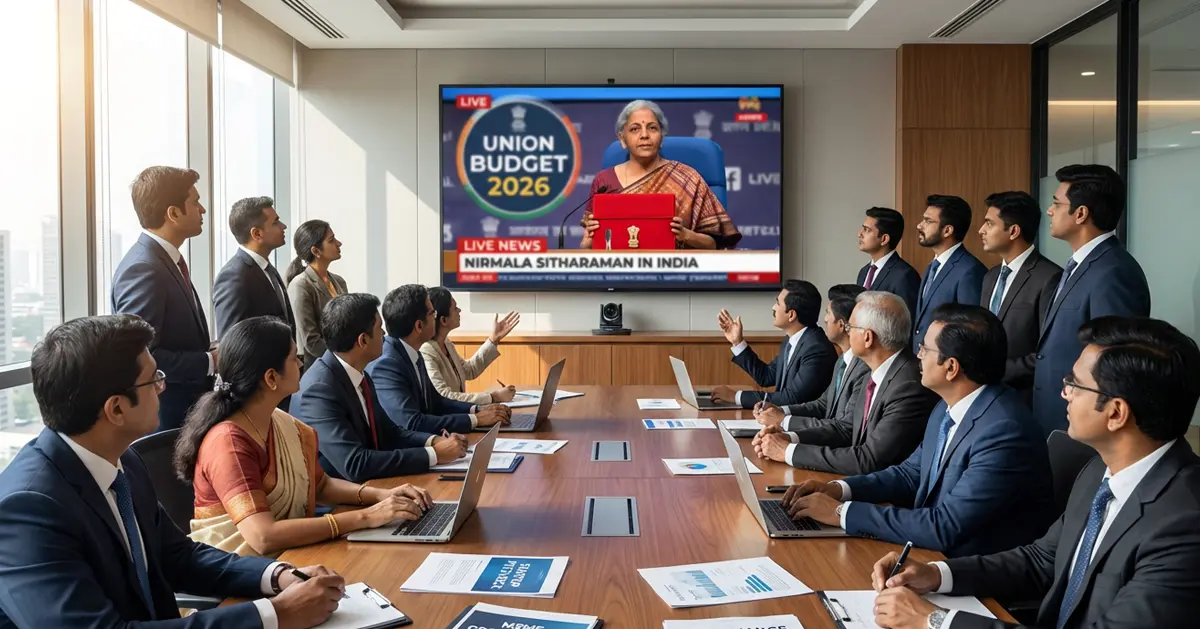
Introduction
A company that trades currencies both in and out of the country is what is referred to as full-fledged money changers (FFMCs), is a financial institution or an individual company that needs to be licensed to be able to provide the service. The services that may be offered by FFMCs are the buying and selling of foreign exchange, currency exchange for travellers and international fund transfers. FFMCs are the most common among those that are regulated by the government to stop financial crime (like preventing money laundering) and to enforce compliance of financial rules. They can be offspring companies or else branches of bigger financial institutions such as bank offices or currency exchanges.
•Authorized Money Changers (AMCs):
Authorized Money Changers are RBI’s licensed service providers catering primarily to foreign exchange needs of travellers. In essence, they are the key players in the international currency markets and in the meeting of demand for foreign currency by travellers. Money changers or forex service providers that are licensed to provide foreign exchange services in relation to the needs of travellers and tourists are known as Authorized Money Changers.
•Full Fledged Money Changers (FFMCs):
FFMCs are a special kind of financial institutions licensed by RBI to engage in foreign exchange transactions. They are the sole entities that are granted the permission to carry out exchange of Indian rupees in the form of foreign currency. They have authority to provide via non-banking channels outside the purview of the bank. They can provide a wide range of foreign exchange services, including buying and selling foreign currencies, issuing prepaid forex cards, and facilitating foreign exchange transactions for residents and tourists.
•Authorised Dealer Category II (AD-II):
Companies and financial bodies including money changers which are licensed by the RBI to carry forex transactions excluding those specified under the AD Category I banks are those which are termed as the non-banking financial companies. They include entities such as financial institutions, money changers, and other non-banking entities engaged in foreign exchange transactions.
•Money Transfer Service Scheme (MTSS) Operators:
MTSS Operators are the parts of the entities licensed by the RBI to offer the money transfer services for the inward remittances into India. They function as intermediaries which link the sender and the recipient for the money transaction to take place. Remittance operations are commonly provided to expol the process that is involved in the remitting function of the transmission of foreign currency through an intermediary. They provide services of facilitating the receipt of foreign currency remittances from abroad and disburse the funds in Indian rupees to beneficiaries in India.
RBI and FFMC
According to FEMA, RBI is the one that controls the operation of money changers in the country. Here is the RBI responsibility for the regulation of FFMCs:
•Licensing and Authorization:
RBI permits FFMCs for the audit of foreign exchange if they qualify for it. Forex FFMCs are needed to obtain a license from the RBI for their business to be legal. This license process consists of them being qualified for certain objective criteria and also meeting the provisions set by RBI. Once they are licensed, FFMCs then take part in a variety of foreign exchange transactions on their own.
•Regulatory Compliance:
The RBI laws and regulations are the ones that FFMCs must follow and adhere to the Central Bank of India. It is also expected that regulations of the apex bank are met by FFMCs. The RBI rules also include the recording of transactions, the correct storage of documents, and other issues connected with both money-laundering and terrorism. These are the main points that the law of any country mentions.
•Supervision and Monitoring:
The RBI checks the operations and tasks of FFMCs by escalating and controlling laws and rules. Fulfilling the integrity of the foreign exchange market and adherence to the RBI norms are the main indicators of the RBI’s resting in the oscillation of the financial market. This inspection features routine check-ups and audits, as well as enforcing the necessary laws to maintain the standards of compliance.
•Policy Formulation:
The RBI explains and sets up policies and acts as the guiding authority when it comes to foreign exchange transactions, management, and entity creation. The opinions of the public and the common factors which are the education of children and the barrier to everything were considered when those policies were made. Aids to the factors of the good and bad parts are in the form of the Digital Economy principles which solders the knowledge and application together. The result is less spillage on the security of clients’ money, that is caused by fraudulent “payments” which in reality are just cyber-bandits.
•Capacity Building and Guidance:
RBI(F) acts as a mentor for FFMCs providing them all the necessary guidance and support to help them understand the rules and regulations which have to follow. It might be in the shape of sending out circulars, conducting workshops or giving answers to questions raised on the fintech regulatory issues.
The central objective of the RBI is to regulate the FFMCs and thus making sure that they operate in line with FEMA and the regulatory requirements are followed accordingly. The Reserve Bank of India (RBI) accomplishes this task by aiming to stabilize and secure foreign exchange markets by promoting transparency and some other qualities.
What is the License for FFMC and its Procedure?
Getting approval from the Reserve Bank of India of a Full Fledged Money Changer (FFMC) in India includes a procedure that is standardized and is subject to the Foreign Exchange Management Act (FEMA). As for the introduction of the operation, here is the roadmap:
1.Preparation and Eligibility Assessment:
•Being assured that the FFMC you have is eligible as per the RBI guidelines is one of your top concerns. Besides the financial sustainability factor, typically considered integrity, infrastructure, and historical compliance status
•Analyze the profitability of the FFMC business by taking into account such factors as market size and associated competition that need to be considered in addition to the regulatory issues.
•Formation of the Entity:
•In addition to following Indian corporate laws, the process of your company’s incorporation shall now start if it has not been done before.
•Investigate to see whether your intentions for FFMC operations to be performed match with your written organizational memorandum and articles of association
2.Document Preparation:
•Get all the essential documents needed for the FFMC license application.
Such papers may include:
•Details about directors or partners and their biographical information or paperwork come next.
•The startup blueprint on the suggested LLC operations, the list of the necessary resources, and the compliance framework are the components of the business plan.
•Records regarding the entity’s financial position in the previous few years.
•Details of Infrastructure
Facilities:Office Facility/Equipment/Security Arrangements, etc.
•Such other forms of documents as passed by the RBI as well as stressed by the authorities should also be included.
3.Application Submission:
•Fill up the FFMC application form as per the format given by RBI.
•Send the application to RBI’s Regional Office or any other authority as indicated by RBI along with the required documents.
4.Due Diligence and Approval:
•RBI will conduct due diligence to check and assess the applicant for FFMC license.
•This may include background verification, document verification, interview of promoters, site visit etc.
•If RBI is satisfied with the applicant’s eligibility and compliance with the regulatory requirements, it will issue FFMC license.
5.Compliance:
•After getting the FFMC license, ensure strict compliance with all the regulatory requirements as specified by RBI under FEMA.
•This includes reporting, record keeping, AML and CTF, etc.
6.Renewal and Ongoing Compliance:
•FFMC license is valid for a specific period after which it needs to be renewed as per the renewal process of RBI.
•Throughout the validity period of the license, ensure ongoing compliance and be ready for periodic inspections and audits by RBI.
Conclusion
FFMCs regulated under Foreign Exchange Management Act (FEMA) by Reserve Bank of India (RBI) are authorized entities in India to carry out foreign exchange transactions. These transactions include buying and selling of foreign currency, remittances and issuing of prepaid forex cards. FFMCs cater to both retail and wholesale customers like individuals, businesses and travelers. To become an FFMC, entity has to meet RBI’s eligibility criteria, submit application with required documents, go through due diligence and get approval. Once licensed, FFMC has to comply with regulatory requirements including reporting, record keeping and anti-money laundering measures. The license is valid for specific period and is renewable. Overall FFMCs play a crucial role in foreign exchange transactions in India while working within the regulatory framework of FEMA and RBI.




